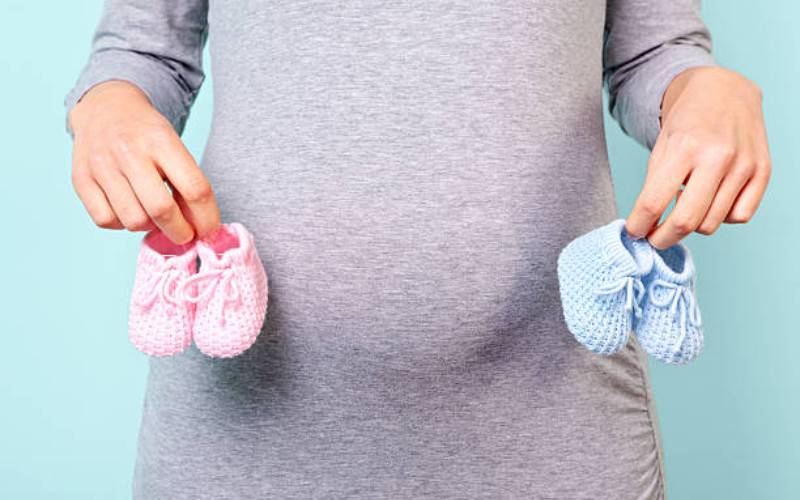×
The Standard e-Paper
Kenya’s Boldest Voice

Women who have delayed raising a family are now opting for technology to deliver twins and make up for the lost time.
The delay over education and pursuing careers, among other reasons, has seen a decrease in fertility rates over the last two decades.